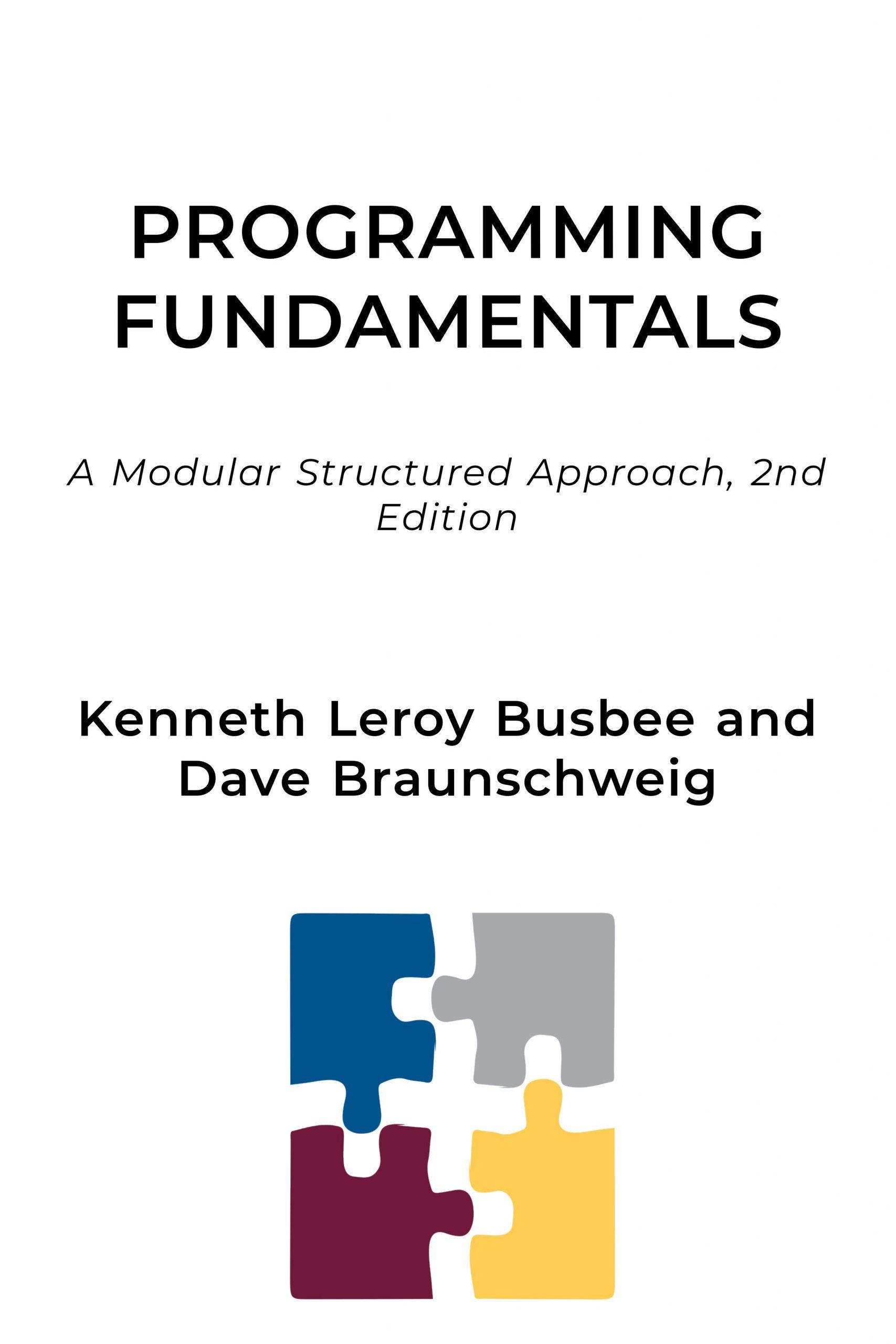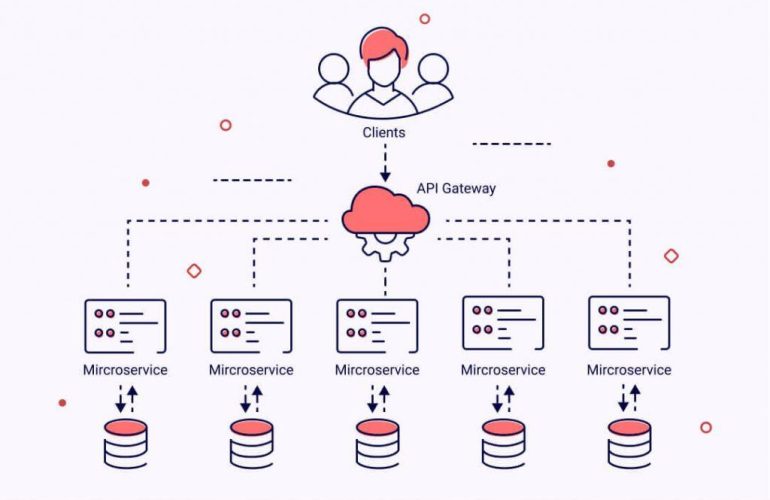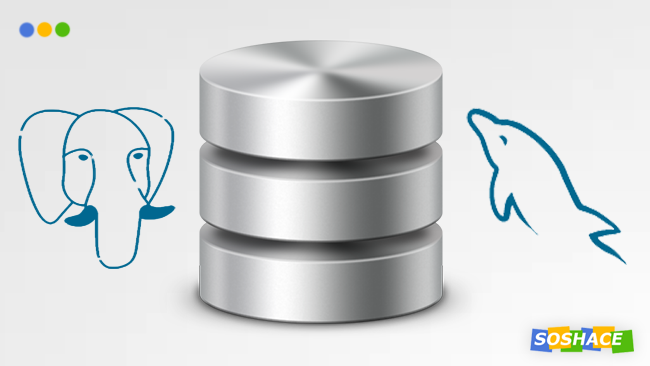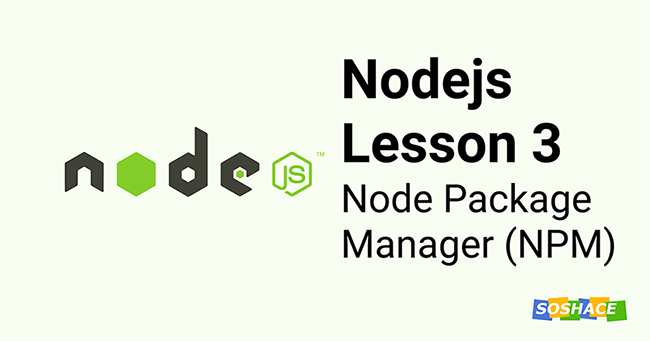In today’s digitally driven world, programming has emerged as a foundational skill that encompasses a wide array of applications, from web development to data analysis and artificial intelligence. For novices embarking on their programming journey, understanding the core principles and concepts of programming is essential for building a solid base from which to grow their skills. This article aims to demystify the fundamentals of programming, providing beginners with a structured overview of key concepts, terminology, and methodologies. By exploring essential topics such as data types, control structures, algorithms, and software development practices, readers will gain valuable insights that will facilitate their transition into more advanced programming concepts and languages. Whether you aspire to create simple scripts or complex applications, this guide will equip you with the foundational knowledge necessary to navigate the programming landscape with confidence.
Table of Contents
- Understanding Core Programming Concepts and Terminology
- Choosing the Right Programming Language for Beginners
- Implementing Best Practices for Code Writing and Maintenance
- Utilizing Resources and Communities for Continued Learning
- The Way Forward
Understanding Core Programming Concepts and Terminology
To embark on the journey of programming, it is essential to grasp the fundamental concepts that form the building blocks of any programming language. Key terminology encompasses critical notions such as variables, which store values that can be modified throughout the program, and data types, which define the kind of data being manipulated—such as integers, strings, or booleans. Moreover, understanding control structures like loops and conditionals allows programmers to control the flow of execution in their code, enabling decision-making processes within applications.
Another crucial aspect is functions, which are reusable blocks of code designed to perform specific tasks. Functions help in organizing code efficiently, promoting readability and reducing redundancy. Additionally, object-oriented programming (OOP) introduces the concepts of classes and objects, encapsulating data and behavior related to a specific entity. To better illustrate these concepts, refer to the table below, highlighting common terms and their definitions:
| Term | Description |
|---|---|
| Variable | A storage location paired with an identifier that contains data. |
| Data Type | A classification that specifies the kind of value a variable can hold. |
| Function | A block of code that performs a specific task and can be reused. |
| Class | A blueprint for creating objects in OOP that defines attributes and methods. |
| Object | An instance of a class containing data and behavior. |
Choosing the Right Programming Language for Beginners
When embarking on the journey of learning programming, one of the most crucial decisions beginners face is selecting the right programming language. An ideal choice can streamline the learning process, boost engagement, and provide a solid foundation for future coding endeavors. The most popular options among novices usually include:
- Python: Known for its simplicity and readability, making it a favorite for new programmers.
- JavaScript: Essential for web development, it enables interactive and dynamic content on websites.
- Ruby: Valued for its elegant syntax, it’s particularly popular in web development frameworks like Ruby on Rails.
- Scratch: A visual programming language designed specifically for beginners and younger learners, ideal for grasping fundamental concepts.
Each language has unique strengths tailored to different learning styles and goals. For instance, a beginner interested in data science might find Python the most beneficial, while someone leaning towards web development can start with JavaScript. Understanding the context in which these languages are used can also guide the selection process. A succinct comparison of the languages might look something like this:
| Language | Best For | Difficulty Level |
|---|---|---|
| Python | Data Science | Easy |
| JavaScript | Web Development | Medium |
| Ruby | Web Development | Easy |
| Scratch | Basic Programming Concepts | Very Easy |
Implementing Best Practices for Code Writing and Maintenance
To ensure high-quality code, it is essential to adopt best practices that facilitate clarity, maintainability, and efficiency. Primarily, coding standards should be established across your team or project to create uniformity. This can include guidelines on naming conventions, code structure, and commenting practices. Examples of effective coding practices include:
- Consistent naming for variables and functions that reflect their purpose.
- Writing modular code by breaking down larger functions into smaller, reusable ones.
- Including comments that explain complex logic and decisions made within the code.
Equally important is the maintenance of your codebase, which is best managed through regular refactoring and testing. Refactoring involves revisiting and revising existing code to improve its structure without altering its functionality. This practice reduces technical debt and enhances readability. Additionally, implementing a robust testing framework is vital. It ensures that new changes do not introduce bugs and that existing functionality remains intact. Key elements of an effective maintenance strategy can include:
| Maintenance Activity | Description |
|---|---|
| Code Reviews | Peer review of code to identify improvements and catch errors early. |
| Version Control | Using systems like Git to track changes and collaborate effectively. |
| Automated Testing | Running tests automatically to validate code before deployment. |
Utilizing Resources and Communities for Continued Learning
Engaging with various online resources and communities can greatly enhance your learning journey in programming. Before diving into coding, it’s essential to explore platforms that offer quality educational content. Online coding bootcamps, interactive coding challenges, and video tutorials can help reinforce your understanding of programming fundamentals. Look for reputable sites like:
- Codecademy: Offers hands-on coding experience through interactive lessons.
- Khan Academy: Provides free resources on computer programming, including JavaScript and SQL.
- Coursera: Collaborates with leading universities to offer courses in various programming languages.
In addition to these resources, joining programming communities can foster collaboration and peer learning. Participating in forums, coding groups, and social media channels allows you to connect with fellow learners and experienced developers. Some popular communities to consider include:
- Stack Overflow: A vital resource for asking questions and finding solutions.
- GitHub: An excellent platform for sharing code and collaborating on projects.
- Reddit: Subreddits like r/learnprogramming offer a vast pool of knowledge and support.
The Way Forward
understanding the fundamentals of programming is an essential first step for anyone embarking on a journey in the world of software development. By grasping key concepts such as variables, control structures, data types, and algorithms, beginners can build a solid foundation that will support more advanced learning and skill acquisition. As you move forward, continued practice and project-based learning will enhance your coding abilities and problem-solving techniques. Remember, proficiency in programming is a gradual process that requires patience and persistence. With the foundational knowledge acquired from this guide, you are well-equipped to explore more complex topics and programming languages, paving the way for a successful venture into technology and software creation. Happy coding!






